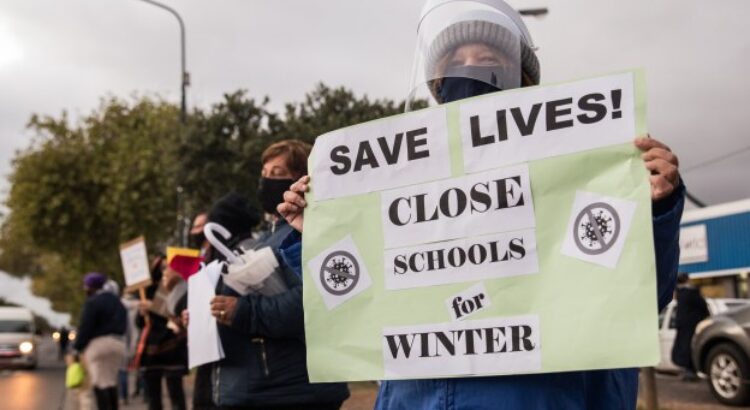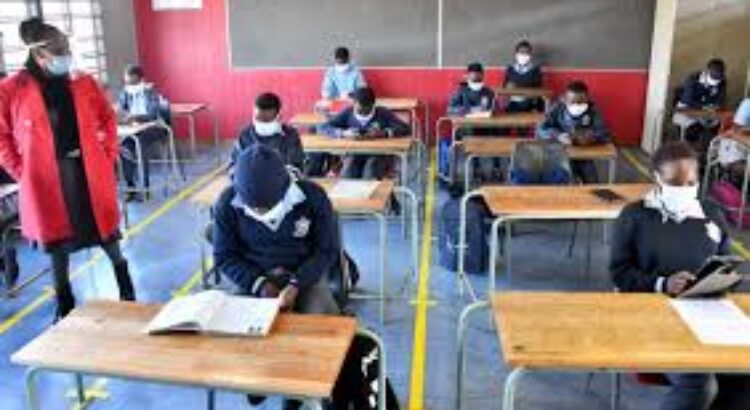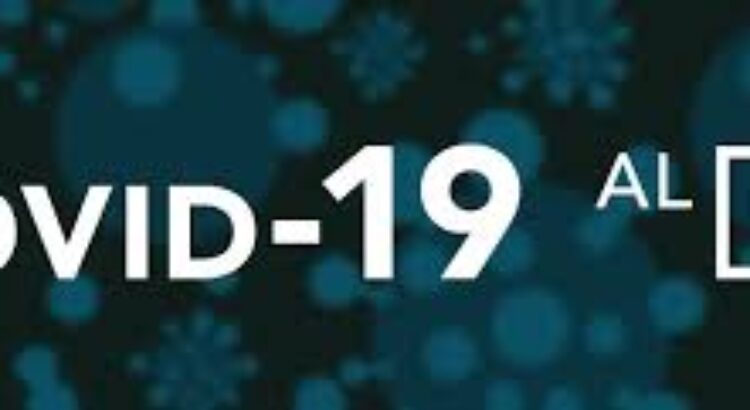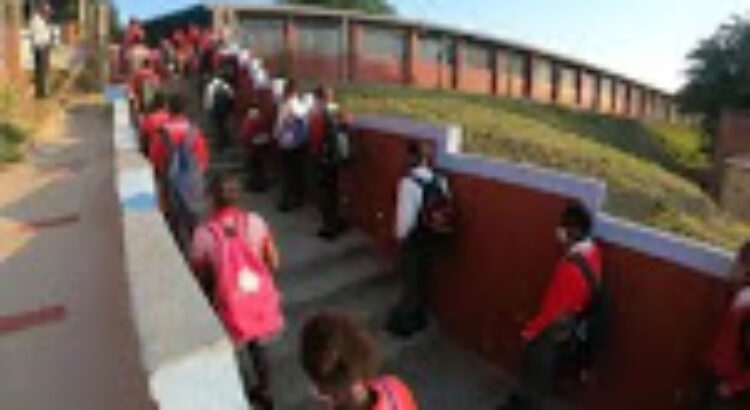Africa/ South Africa/ 23.06.2020/ Source: businesstech.co.za.
The Department of Basic Education has published a new directive focusing on the reopening of school’s under South Africa’s lockdown.
While the directive is largely in line with previous changes made by the department, it does provide further clarity of a number of key issues.
These points are outlined in more detail below.
Matric exams
The directive states that the May/June 2020 examination for candidates who registered for the Senior Certificate and the National Senior Certificate will be administered in November/December 2020.
It adds that the November/December 2020 National Senior Certificate examinations will be administered as planned, subject to the alignment of the timetable to the 2020 revised school calendar.
The revised school calendar can be viewed here.
School attendance
The directive makes specific provision for parents who do not wish for their children to return to school due to coronavirus concerns.
In these instances, a parent must apply to the Head of Department, who, in terms of section 4 of the South African Schools Act, may exempt a learner entirely, partially or conditionally from compulsory school attendance, if it is in the best interests of the learner.
This is subject to the proviso that the parent makes reasonable efforts to ensure that the learner continues learning from home in line with the learning materials provided by the school.
“Should a parent wish to apply for a learner to receive education at the learner’s home (home education), he or she must comply with the legal requirements for the provision of home education, as contemplated in section 51 of the South African Schools Act.”
Opening of hostels
The department said that school hostels are permitted to open provided that they comply with the department’s minimum health, safety and social distancing measures and requirements on Covid-19.
The directive also includes new requirements for both schools that plan to reopen their hostels, as well as requirements for schools who plan to close their hostels.
“Hostels may open once the notification and declaration have been submitted to the Head of Department: Provided that the Provincial Department of Education reserves the right to conduct an inspection, once the hostels have opened to verify the hostel with the measures and requirements.”
Learners with special educational needs
In addition to the guidelines developed for schools with specific categories of learners with disabilities, all schools with learners with special educational needs, as contemplated in the South African Schools Act, must comply with all directions and circulars regarding the re-opening of schools.
The new directive makes a number of specific provisions for the return of these learners, including autistic learners and learners who are blind, partially sighted or deaf.
“Officials who are unable to practise social distancing from learners with special education needs must be provided by the Provincial Department of Education with appropriate personal protective equipment, including protective clothing, where such provision is necessary.”
“Officials appointed to carry out symptom screening, in accordance with direction 13, in schools for deaf learners, must be able to communicate using South African Sign Language. Where this is not possible, a sign language interpreter must be available to ensure proper communication with the learners.”
Permits and certificates
The directive states that school officials who have to commute to and from work on a daily basis are permitted to move between provinces, metropolitan areas and districts provided they have the correct permit.
This permit may be issued by the Head of Department or a delegated official or, in the case of a school, by a principal or a person delegated by him or her.
Similarly, learners who are required to move between provinces to commute to and from school on a daily basis must be issued with a certificate issued by a principal or a person delegated by him or her.
You can find these documents in the directive below.
Curriculum trimming
To accommodate the teaching time lost as a result of the national state of disaster and the adjustment of timetables, the national curriculum has been reviewed by the Department of Basic Education.
The revised content phase map, which contains a broad overview of the curriculum content, including skills, knowledge, attitudes and values learners would be exposed to over a three year period, as well as the revised annual teaching plans and curriculum support guidelines, are accessible on the website of the Department of Basic Education here.
You can read the full directive below.
Source of the notice: https://businesstech.co.za/news/government/410045/updated-lockdown-rules-for-south-african-schools-including-matric-exams-return-to-hostels-and-more/










 Users Today : 38
Users Today : 38 Total Users : 35459944
Total Users : 35459944 Views Today : 44
Views Today : 44 Total views : 3418509
Total views : 3418509